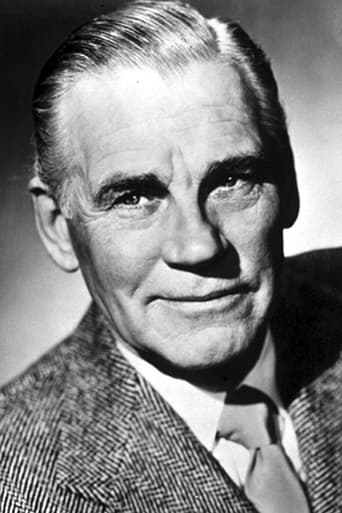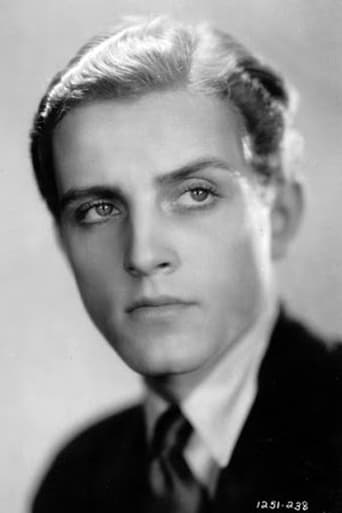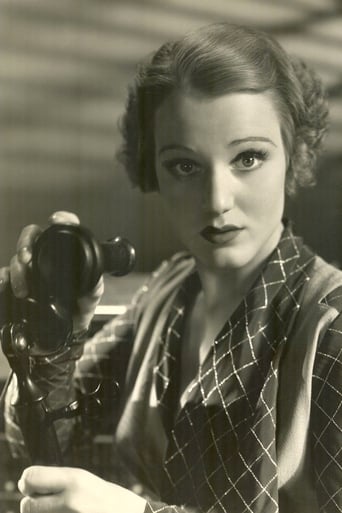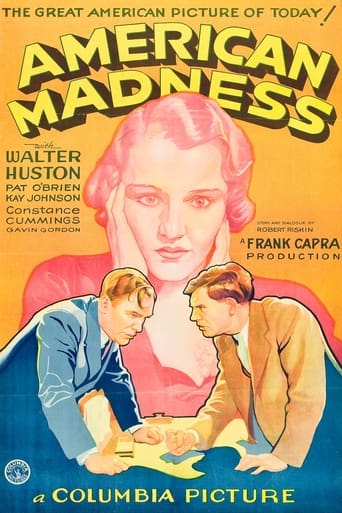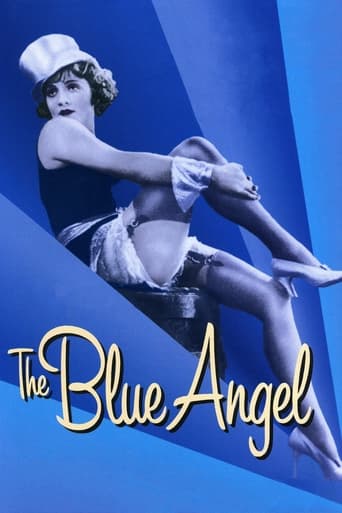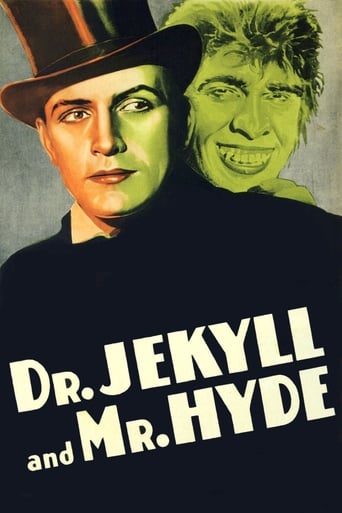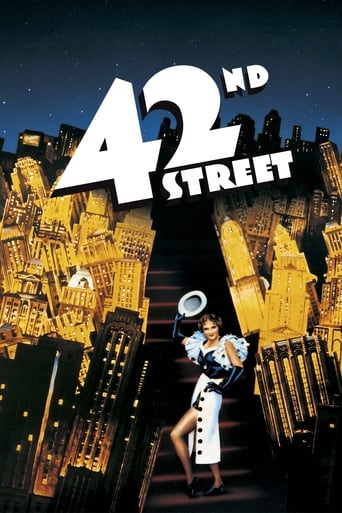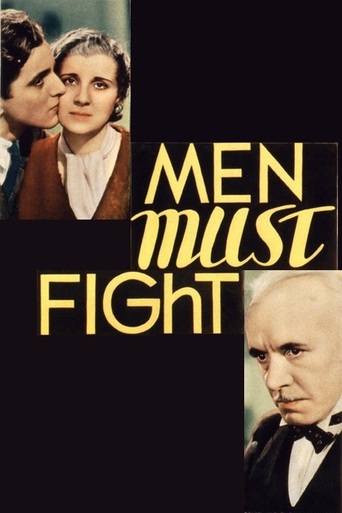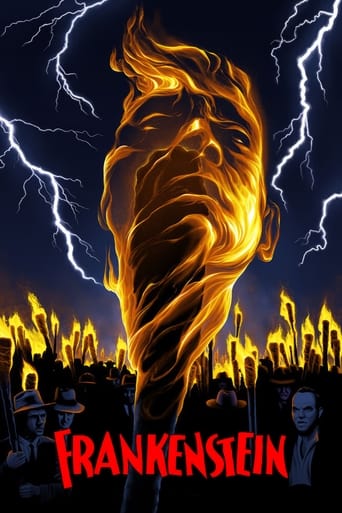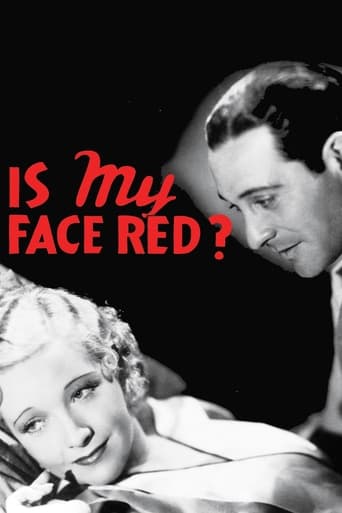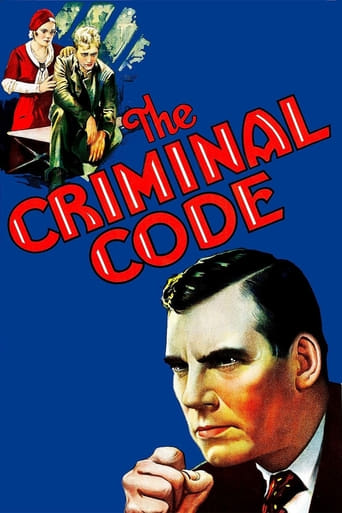
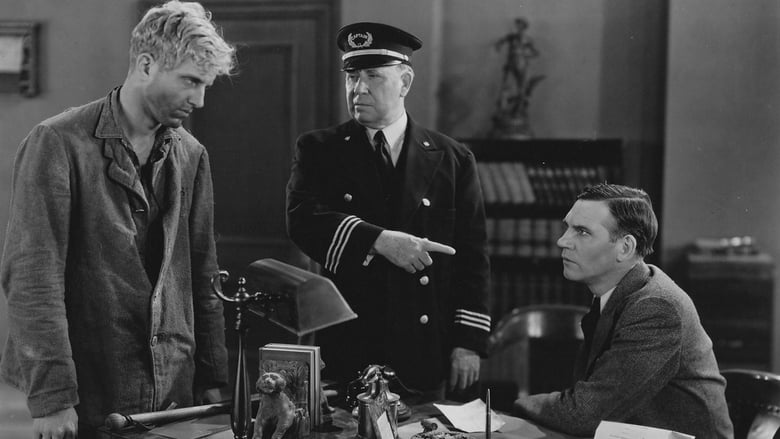
The Criminal Code (1931)
After young Robert Graham commits a murder while drunk and defending his girlfriend, he is prosecuted by ambitious Mark Brady and sentenced to 10 years. Six years later, Brady becomes the prison warden and offers the beleaguered Robert a job as his chauffeur. Robert cleans up his act, but, on the eve of his pardon, his cellmate drags him back into the world of violence, and he faces a difficult choice that could return him to prison.
Watch Trailer
Cast
Similar titles
Reviews
Powerful
Great Film overall
Good movie but grossly overrated
Ok... Let's be honest. It cannot be the best movie but is quite enjoyable. The movie has the potential to develop a great plot for future movies
The Criminal Code explores the issue of turning a normal person who made a mistake into a criminal through time spent in prison and ends up abiding by the criminal code itself. The same subject matter is also explored in the movie Caged made 19 later; nothing seems to change. Robert Graham (Phillip Homles) is a sheltered pretty boy who got a rotten break (similar to Robert Montgomery in The Big House). However unlike Montgomery in The Big House, Graham is put in a cell with two guys (including Boris Karloff's Galloway) who look out for him. Although you do have to suspend your disbelief a bit over the movie fast forwarding six years and Graham not being remotely criminalised within that time. Among the film's examination of the American legal and penal system, Walter Huston explains how it would be possible for someone to get off the hook for a crime such as manslaughter; "A year's delay, a new trial, the witnesses would fade away, they always do, the whole mess would get cold, the paper's would have something else to yap about. I'd get him off; he'd never serve a day". Great thought provoking stuff.Walter Huston plays the warden of the unnamed prison. He is stern but fair and a real "Yes sir!" type as evident from his first appearance with the manner in which he addresses a female witness ("Never mind that, pull down the shade"). The man is one lightening fast talker who can interrogate like a boss but his greatest of moment on badassery comes from the scene in which he goes into the prison yard to confront protesting, yammering prisoners face to face without any guards. Just look at the way he walks into the yard and lights up a cigar. As he approaches the prisoners the yammering stops and they don't lay a hand on him. Simply put, this guy is badass. Perhaps unrealistically so but that's why we have movies.The Criminal Code was Boris Karloff's first significant screen role in the part of Galloway. With his dominating, tall, lanky figure he steals the show; his monologue on why's he's in the slammer with the shadows across his face is hair raising stuff. Galloway has a vengeance with a guard named Gleason which gives the film some dark comic relief such as the two awkwardly passing each other on the stairs to Karloff's recurring use of the lines "I don't like you" and "I got an appointment with you". Likewise the other memorable cast member, albeit in a very brief role is Andy Devine who is very hard to miss with that highly distinctive voice of his.The Criminal Code uses the same set created for MGM's The Big House released the year before. With its more intricate cinematography the film doesn't capture the sense of claustrophobia seen in The Big House but still captures the mundanity of prison life. As an early talkie there is no music present in The Criminal Code but rather the sound of prisoners marching along with various other sound effects are just as effective as any music score could be. The Criminal Code is also host to one of the most shocking moments in pre-code cinema (and was even featured in Karloff film Targets from 1968). When Galloway chases a squealer into a room while yammering is going on in the background from the prison yard, Galloway walks into the room with the squealer cornered as he slowly closes the door as the squealer looks on in terror. What happens next is up to the viewer's imagination.
Another Overrated Howard Hawks Film. Here are Two Examples when that "Hawksian" Touch just about makes the Movie Unbearable. First in the Opening Scene Two Policemen are Playing Cards and one loses 42 cents. They are Called Out on a Case, They Argue about 42 cents in the Police Station, out the door, in the car, out of the car, and into the Crime Scene. This is not Entertaining, Funny, or Natural. It is Howard Hawks just being His Obnoxious Self.The Second Thing. He Allows Walter Huston to say "Yeah" Every time He Opens His Mouth. He Prefaces Sentences with "Yeah", He Ends Sentences with "Yeah", He says "Yeah" in the Middle of Sentences, and He says "Yeah" just for Emphasis. This is Hawks Once Again Annoying Audiences with His Style Until They Scream for Relief.The Rest of the Movie is Not Bad. Boris Karloff Steals the Show as a Truly Scary Looking Inmate and some of the Mugs in the Yard are some Hard Bitten Characters (No Blacks). The Film is Talky and some of the Conversations go on for Ever and the Dated Dialog Deliveries can be Cumbersome at Times, but Overall it is Worth a Watch for an Example of Early Hollywood despite Everything the Director does to Drive You Away.
Howard Hawks directs this terrific crime drama based on a play by Martin Flavin. Walter Huston plays the wily District Attorney Mark Brady, who fashions a 10 year conviction of a young man, Robert Graham(Phillips Holmes)who he knows for a fact killed a man in self defense. After a failed run for the governorship, Brady becomes the warden of the prison holding Graham. Brady wants to give the young man a break after serving 6 years of his term and is bitter and almost burnt out. Graham is given a valet's job for the warden. In no time the prisoner's actions earns the respect of the warden and his lovely daughter Mary(Constance Cummings). The young man is only days away from a pardon and is put in the hard position of snitching or not snitching on a cell-mate named Galloway(Boris Karloff). Coming into play is not the criminal code, but the prison code of silence. The film is well directed and the photography is superb. Supporting cast includes: DeWitt Jennings, John Sheehan, Mary Doran and Otto Hoffman.
In The Criminal Code the bywords of District Attorney Walter Huston is that where there is a crime, someone has to pay. Or if you can't do the time, don't do the crime as a later philosopher named Tony Baretta opined. And it's Huston's job to set the price when he prosecutes.But Huston recognizes that young Phillips Holmes with a proper criminal defense attorney might do little time or even be acquitted. He smashed some poor guy's head in with a full bottle of bootleg hooch when he thought he was going for a gun. Still Holmes is convicted and he gets a ten year sentence.Fast forward several years and Huston is no longer the District Attorney, he's now the warden of the prison that Holmes is incarcerated. Huston gives Holmes a chance and he makes him a trustee. Huston's daughter Constance Cummings even falls for Holmes.But they have a different code among the convicts in prison and the biggest commandment is thou shalt not rat. When Boris Karloff does a particular rat in Holmes almost takes the fall for it because of that code.The leads do a fine job in this, but the performances of Boris Karloff as the hardened convict and Clark Marshall as his victim really do stand out in The Criminal Code. Marshall especially, you can really feel his fear in his performance.Beginning originally as a Broadway play, The Criminal Code was remade twice by Columbia Pictures, Harry Cohn not being one to let a good property go to waste. The two remakes are Penitentiary with Walter Connolly and John Howard and Convicted with Broderick Crawford and Glenn Ford.The film holds up very well because the themes are eternal. Criminals have to pay the price when caught and rats are just as unpopular as ever.
